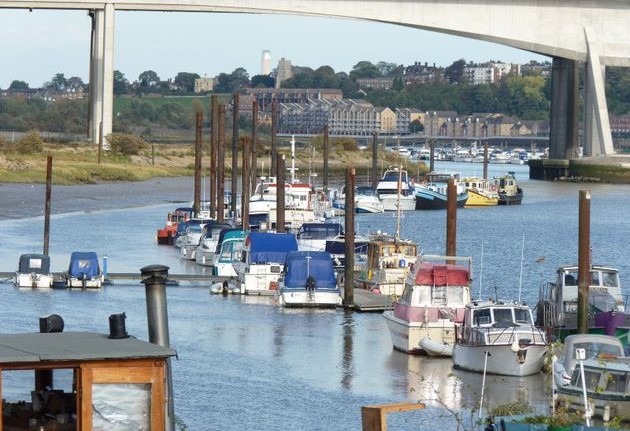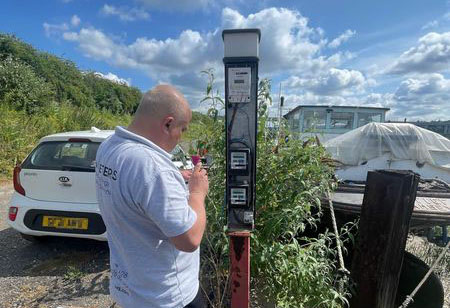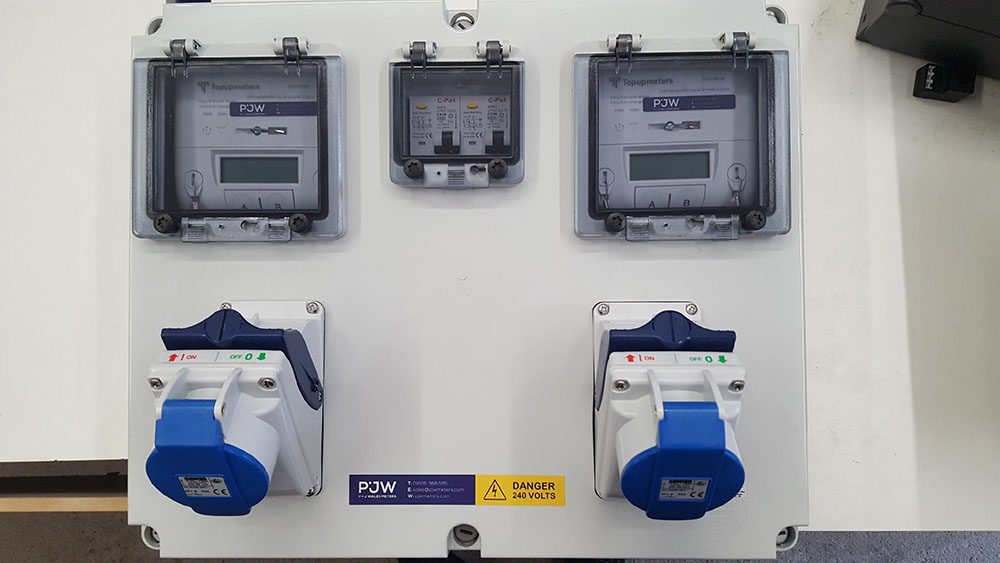Retrofitting meters at Port Medway Marina, near Kent.


This week PJW visited Port Medway Marina, where we took out some outdated meters which were no longer compliant with current MID regulations and replaced them with a Smart Pre-payment system, using EML-TU meters.
Port Medway Marina has a fixed metering system, which means that meters are stationary, and affixed to posts. PJW also offers a mobile solution, using Meter Max or Inline system, where it is easier to move the meter to a new mooring as desired. This means that a boat owner does not need to clear the meter and set up a new one, if they move their mooring.

Setting up energy metering in marinas offer several benefits. Here are some of the advantages:
Cost Monitoring:
Energy metering allows marina operators to accurately monitor and measure the energy consumption of individual boats or slips. This information helps marina managers identify energy inefficiencies, detect abnormal usage patterns, and pinpoint areas where energy conservation measures can be implemented. By tracking energy usage, marinas can identify potential cost-saving opportunities and promote energy-efficient practices among boat owners.
Billing and Fair Allocation:
Energy metering enables marinas to accurately bill boat owners for their actual energy usage. Instead of using a flat rate or estimated charges, metering provides a fair and transparent system where boat owners pay only for the energy they consume. This promotes fairness and accountability among users and eliminates disputes related to energy costs.
Conservation and Environmental Awareness:
Energy metering encourages energy conservation among boat owners. When individuals can see their energy usage in real-time, they become more conscious of their consumption habits and are likely to adopt energy-saving practices. By promoting awareness and providing feedback on energy consumption, marinas can contribute to environmental sustainability efforts and reduce their carbon footprint.
Load Management and Capacity Planning:
With energy metering, marina operators can understand the total energy demand and load profile of the facility. This data helps in capacity planning by identifying peak energy demand periods, allowing the marina to optimize its energy infrastructure and distribution systems. By managing energy loads effectively, marinas can prevent overloads, reduce the risk of power outages, and ensure a reliable power supply for all users.
Performance Monitoring and Maintenance:
Energy metering provides insights into the performance of electrical systems and equipment in marinas. Abnormal energy consumption patterns may indicate faulty or inefficient equipment, enabling early detection of maintenance issues. Timely identification and repair of electrical faults can minimize downtime, improve safety, and enhance the overall operational efficiency of the marina.
Incentivizing Energy Efficiency:
Energy metering can be coupled with incentive programs to motivate boat owners to adopt energy-efficient practices. For example, marinas can introduce rewards or discounts for users who consistently demonstrate low energy consumption or actively engage in energy-saving initiatives. This encourages a culture of energy efficiency and helps marinas achieve their sustainability goals.
Data-Driven Decision Making:
Energy metering generates valuable data on energy consumption, trends, and patterns. By analyzing this data, marina operators can make informed decisions related to energy management, infrastructure upgrades, and long-term planning. Data-driven insights enable marinas to optimize their operations, minimize energy waste, and reduce operational costs.
Overall, energy metering in marinas provides transparency, promotes energy conservation, enhances operational efficiency, and contributes to environmental sustainability. It benefits both marina operators and boat owners by ensuring fair billing, optimizing energy usage, and improving overall infrastructure performance.